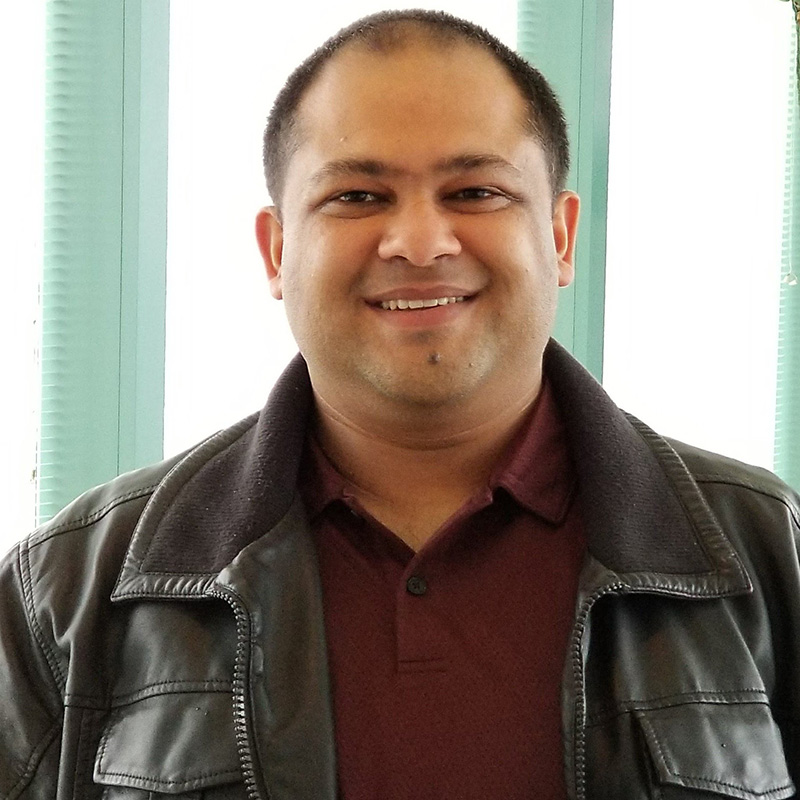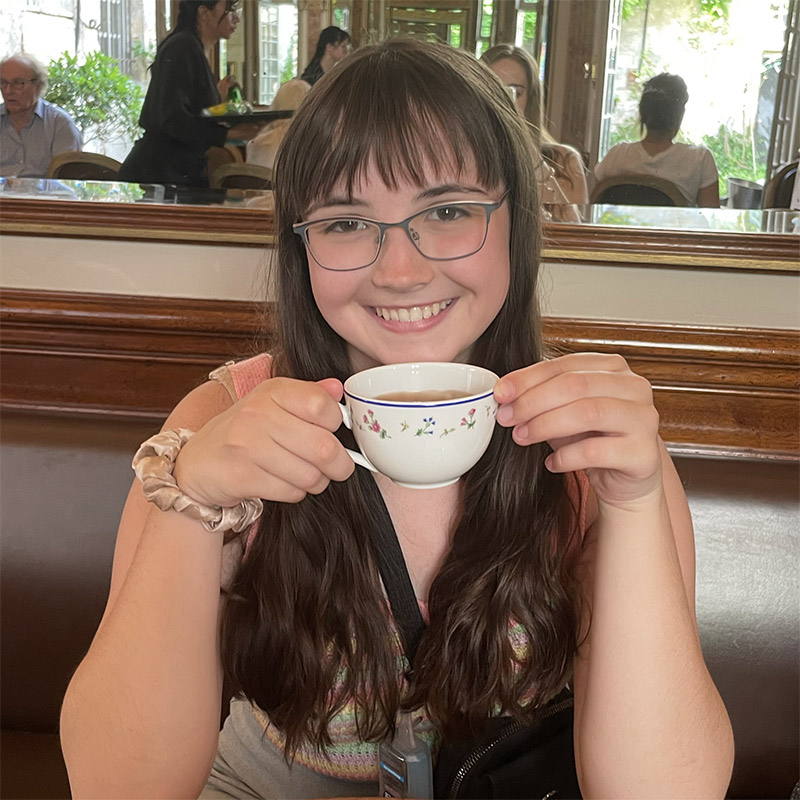Principal Investigator

Stacie L. Warren, PhD (she/her)
Associate Professor of Psychology
Director, Computational Neuropsychology and Affective Neuroscience Lab
stacie.warren@utdallas.edu
UT Dallas Profile
Stacie completed her BA in psychology from California State University, Long Beach, and received her PhD in clinical/community psychology from the University of Illinois Urbana Champaign. She completed her pre-doctoral clinical psychology internship and neuropsychology residency at the St. Louis VA Health Care System.
Stacie has broad, interdisciplinary interests in self-regulatory systems and psychopathology emergence, course, and treatment, particularly in anxiety and depression. Her program of research investigates processes, mechanisms, and psychosocial contexts involved in the development and course of psychopathology across childhood, adolescence, and adulthood. As a lifespan neuropsychologist with affective neuroscience expertise, her work attempts to delineate how cognitive processes (e.g., executive function, attention, cognitive control), emotional factors (e.g., positive and negative affect), and how different dimensions of adversity (e.g., poverty, environmental or interpersonal trauma, family conflict, attachment, uncertainty) contribute to emotion dysregulation, psychopathology, and brain network organization. She uses converging evidence from behavior (e.g., neuropsychological testing, laboratory performance tasks), clinical interviews, self- and informant-report measures, noninvasive systems neuroscience (fMRI, rsfMRI), and computational modeling.
Stacie is a first-generation college student who came from an economically disadvantaged background. She is committed to supporting diverse trainees, with a variety of lived experiences (e.g., economic uncertainty, educational disparities) and identities. The Computational Neuropsychology and Affective Neuroscience Lab is committed to respecting, promoting, and embodying diversity and inclusive learning.
Postdoc

Ritesh Malaiya
BE Computer Science
MS Applied Cognition and Neuroscience
ritesh.malaiya@utdallas.edu
Ritesh earned his PhD in cognition and neuroscience (2025) from The University of Texas at Dallas. Ritesh’s dissertation introduced a novel framework comparing classical and quantum random walk models to examine the dynamics of meta-reasoning in complex decision-making. Before graduate school, he earned a BE in computer engineering from Bharati Vidyapeeth University, India (2007) and spent nearly a decade as a software engineer developing algorithms and database systems for large-scale online transactions. His current research focuses on computational methods integrating behavioral and neuroimaging data to investigate how cognitive processes evolve over time.
PhD Students

Rushale Krishan
BA Psychology
rushale.krishan@utdallas.edu
Rushale Krishan is a doctoral student in the cognition and neuroscience program on the cognitive neuroscience track at The University of Texas at Dallas. She earned her bachelor’s degree in psychology from the University of Texas at Austin in 2022. Rushale’s research interests broadly involve using computational modeling and machine learning to analyze brain imaging data in clinical populations.

Nalan Zhan
Nalan’s research interests generally lie in leveraging multimodal methods to understand the environmental, emotional, cognitive, and neurobiological factors — including both risk and protective factors — that contribute to the development and maintenance of internalizing psychopathology, with particular emphasis on anxiety, trauma- and stress-related disorders, and other related conditions.
Master’s Students

Zahir Shaikh
Zahir Shaikh is an MS psychology student and is interested in psychopathology and gene-environment interaction. He completed his undergraduate education at The University of Texas at Austin in psychology. He hopes to pursue a PhD in psychology and conduct his own research studies one day. In his free time, he enjoys reading science-fiction books and going on runs.

Jordan Smith
Jordan is a master’s student in the applied cognition and neuroscience program. He received his bachelor’s in psychology from West Texas A&M University and plans to pursue a PhD program in clinical psychology. Jordan’s research interests include cognitive and affective processes in the development of mood, anxiety, and attention disorders, the intersection of gender ideologies and mental health trajectories, as well as LGBT issues in psychology. He enjoys musical theatre, reading, and teaching middle school.

Chenyang Sun
Sun is a master student in applied cognition and neuroscience at The University of Texas at Dallas. He finished his undergraduate degree in psychology science from Central China Normal University. He is working on preprocessing functional MRI in the lab and his research interests focus on neural contributions of depression, anxiety and other mental disorders. His hobbies include sports and literature.
Undergraduate Students

Succhay Gadhar
succhay.sreenivasgadhar@utdallas.edu
Succhay is a computer engineering major on the premed track. With a strong passion for computer science and medicine, he is particularly interested in developing innovative solutions by working with computational modeling for psychopathology. Succhay also enjoys reading, playing any racket sport, and spending time with friends.
Lab Volunteers

Yakina Azza
Yakina Azza is an undergraduate computer science student at The University of Texas at Dallas, passionate about applying technical skills to complex questions in neuroscience, economics and psychology. Her curiosity about how the mind works has led her to research roles in multiple neuroscience labs, where she’s explored topics ranging from language processing to cognitive modeling.
Driven by a desire to build for impact, Yakina is also involved in startup ventures that aim to solve real-world problems—particularly in education, accessibility, and cultural connection. She values community, continuous learning, and the ethical use of technology to address the challenges of today.
Yakina plans to pursue roles or graduate study at the intersection of AI, machine learning, neuroscience, and law—where she hopes to contribute both as a technologist and as a thoughtful systems thinker.

Megan Chacko
Megan is a computer science undergraduate at The University of Texas at Dallas with a strong interest in artificial intelligence, machine learning, and technical consulting. Driven by a passion for using technology to improve lives, she is particularly interested in neuropsychological research aimed at providing real-world change for children around the globe. Outside of school, Megan enjoys playing pickleball, practicing the guitar, and visiting new places with friends.
Lab Alumni

Zoe Christopherson
Where they are Now?
Data Analyst, Local Mental Health Authority for Colin County.

Olivia Drake
Where they are Now?
Clinical Psychology PhD student at Ohio University.